Our Mission to Protect the World’s Forests
We are working in 60+ countries to build sustainable, rural economies—a proven strategy to keep our forests standing.
Home / Issues / Forests & Biodiversity / Page 39
Forests are critical to every living thing on Earth. Not only do they give us clean air, shelter, and rain, they house 80 percent of the world’s terrestrial biodiversity. Alarmingly, humans have destroyed half of the world’s tropical forests and driven extinction rates up thousands of times higher than what is natural.
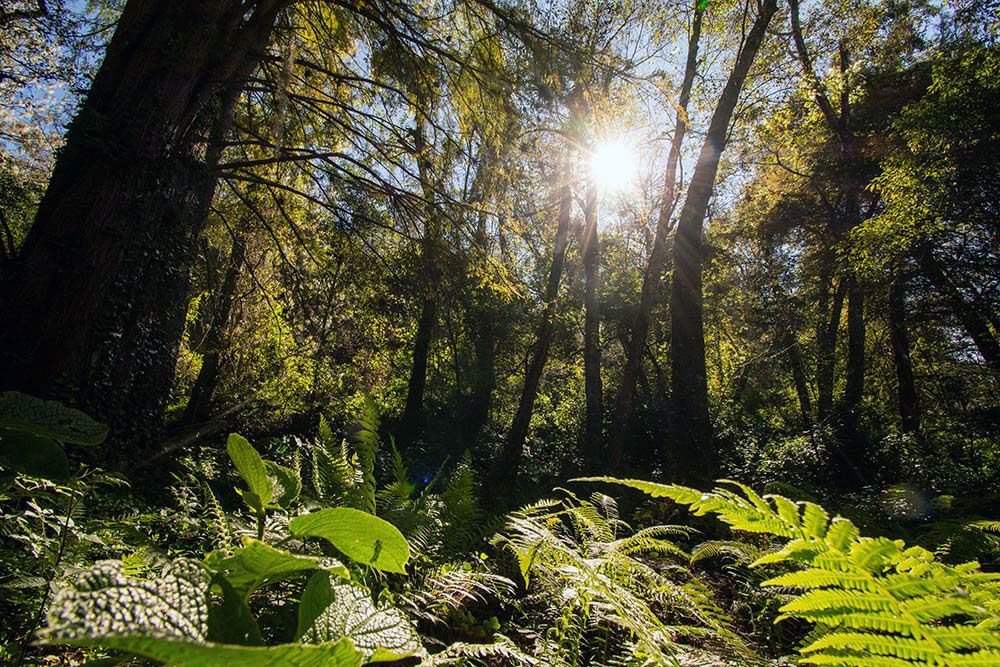
Forests are a powerful natural climate solution. As trees grow, they absorb and store carbon emissions, while releasing oxygen into the atmosphere. Conserving forests could cut an estimated 7 billion metric tons of carbon dioxide each year—the equivalent of getting rid of every car on the planet.
![]()
in the forest concessions of the Maya Biosphere Reserve, Guatemala*
In Guatemala’s Maya Biosphere Reserve, twelve community forestry concessions safeguard around 417,269 hectares of the largest and most important tropical forest north of the Amazon. These community-run concessions boast a near-zero deforestation rate—a remarkable feat given that adjacent areas suffer some of the highest deforestation rates in the Americas.
*Community forestry concessions in Guatemala’s Maya Biosphere Reserve have demonstrated a near-zero deforestation rate, since data collection began in 2000. Data accurate as of December 2019.
![]()
From 2020 through 2021, farmers we work with in the buffer zone of Indonesia’s Bukit Barisan Selatan National Park planted 45,000 trees in the area directly bordering the park. In addition, we identified 80 farms that sit in a wildlife corridor used by the critically endangered Sumatran elephant. We supported these farmers in planting species that suit the elephants’ diet.
*Data accurate as of December 2022
Together with forest and farming communities, Indigenous leaders, companies, governments, and global citizens, the Rainforest Alliance works in 58 countries to promote more sustainable land management practices while cultivating thriving rural economies—the most widely proven strategy to restore biodiversity and keep our tropical forests standing.
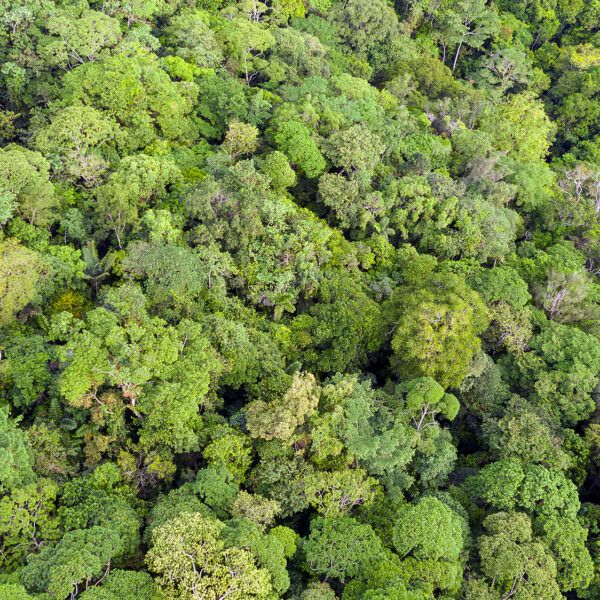
We are working in 60+ countries to build sustainable, rural economies—a proven strategy to keep our forests standing.
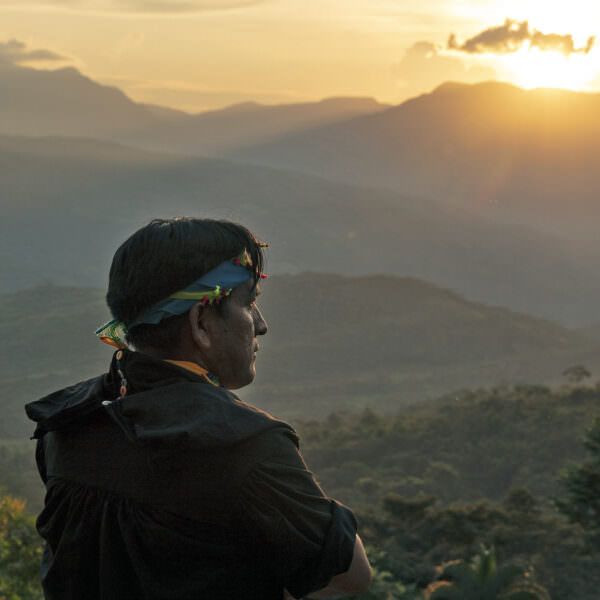
Indigenous peoples and local communities have an unsurpassed connection to the Earth's forests.
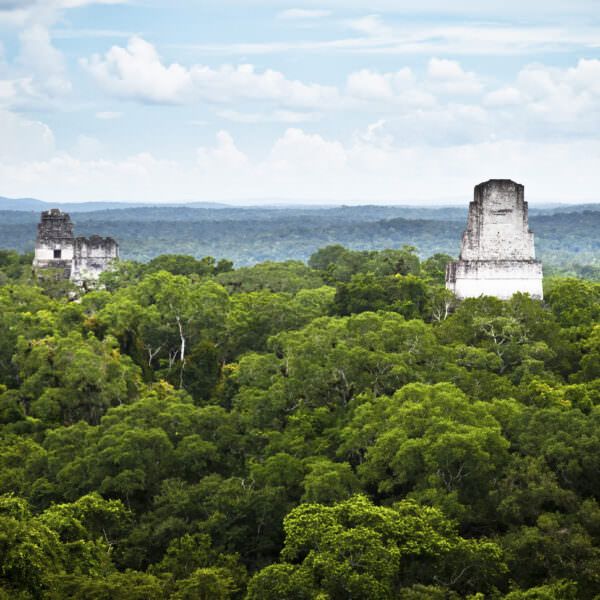
The forest concessions of the Maya Biosphere Reserve have boasted a near-zero deforestation rate for 20 years.
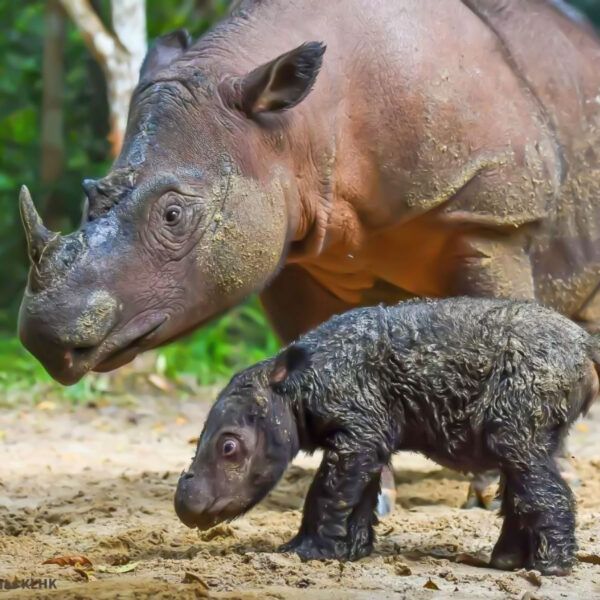
We're training coffee farmers in the Bukit Barisan Selatan National Park buffer zone to help them conserve biodiversity and improve their livelihoods.

Technical Assistance and New Market Access for Community Forest Enterprises in the Rio Plátano Biosphere Reserve, Honduras Applying the principles of sustainable forest management and sound business practices, by 2008 the twelve participating cooperatives had achieved remarkable successes in increasing their productivity, enterprise competitiveness and overall income. The below points summarize the most significant gains: Sustained […]

This case study report describes work undertaken to improve community forest enterprise competitiveness in Mexico as a means to local economic development and forest conservation. Over a three-year period, Rainforest Alliance facilitated increased investment while providing technical assistance in value-added processing fora medium-sized indigenous community forestry operation in the northern state of Durango. As a […]

Covering over two million acres, the Rio Plátano Man and Biosphere Reserve (RPBR) is Honduras’s largest natural forest reserve and an area of global biodiversity importance. Twelve community cooperatives have been granted the right to harvest timber and non-timber forest products in multiple-use zones of the RPBR, but they face substantial technical and financial challenges. […]

This report describes work undertaken to improve community forest enterprise competitiveness in Mexico as a means to local economic development and forest conservation. Over a three-year period, the Rainforest Alliance facilitated increased investment while providing technical assistance in value-added processing for a medium-sized indigenous community forestry operation in the northern state of Durango. As a […]

This feasibility study, for small holder farmers undertaking tree planting activities, assesses the opportunities and barriers to implementation of FSC-certification and/or a forest carbon project in Vietnam’s Quang Tri province. The study was carried out in close cooperation with WWF and SNV Netherlands.

The Center for International Forestry Research created a methodology to disseminate information about the production and marketing of non-timber forest products (NTFPs) to improve the livelihoods of small, isolated landowners and promote biodiversity conservation in the Brazilian Amazon. With support from the Rainforest Alliance’s Kleinhans Fellowship, this project aimed to make market research available to […]